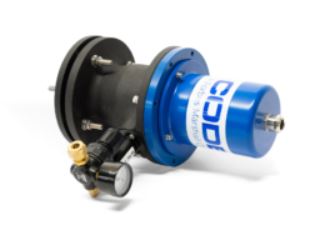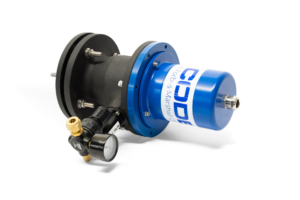 Add My Company
Add My Company
Sign In
VCEM5100 Gas Velocity Case Study
17-10-2024

Enquire Now
More News
List your company on FindTheNeedle.


